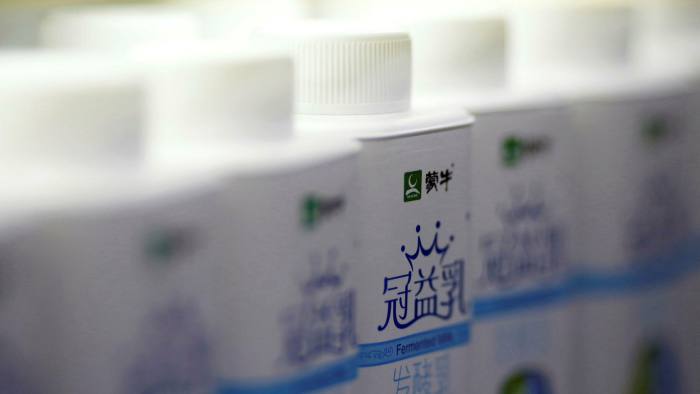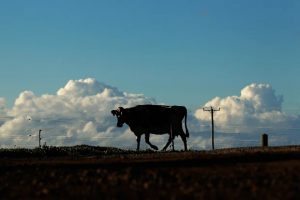
The annual tracking study from the university’s East Asian Bureau of Economic Research recorded A$1 billion ($783 million) of Chinese investment in 2020, consisting of real estate (45%), mining (40%) and manufacturing (15%) deals.
The fall was larger than the 42% decrease in foreign direct investment globally measured by the United Nations amid the COVID-19 pandemic, said Shiro Armstrong, the bureau director.
“It reflects the effects of COVID but also more scrutiny of foreign investment by the Australian government, particularly that from China,” he said.
Australia announced a shakeup of its foreign investment laws in 2020 to give the government the power to veto, or force the sale of a business if it creates a national security risk.
Treasurer Josh Frydenburg said in June the national security test would be applied to telecommunications, energy and utilities firms, and businesses that collect data.
Chinese company Mengniu abandoned a deal to buy the Australia dairy firm Lion Dairy and Drinks from Japanese company Kirin in August, after the Australian government indicated it would block the sale.
The Chinese embassy said in November that 10 Chinese investments had been blocked in Australia on national security grounds, among a list of 14 grievances Beijing had about Australian government policy.
China has since imposed dumping tariffs on Australian wine and barley, and restricted the unloading of Australian coal at Chinese ports.
Chinese investment in Australia peaked at A$16.5 billion in 2016, spanning agriculture, transport, energy utilities, healthcare, mining and property, the ANU study showed.
By 2020, 86% of Chinese investment in Australia came from the Australian subsidiaries of Chinese companies.
($1 = 1.28 Australian dollars)
(Reporting by Kirsty Needham, Editing by Karishma Singh)

























